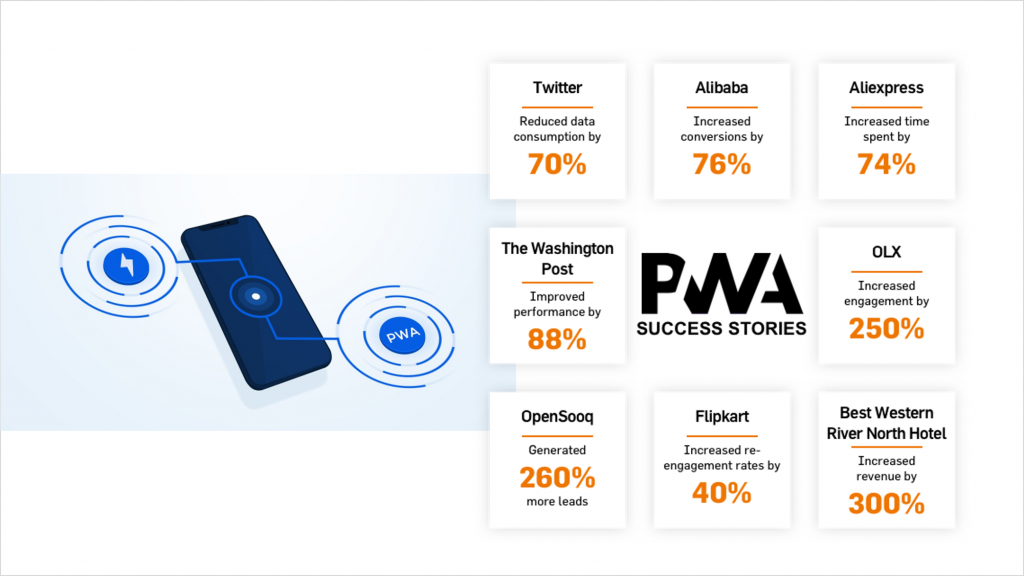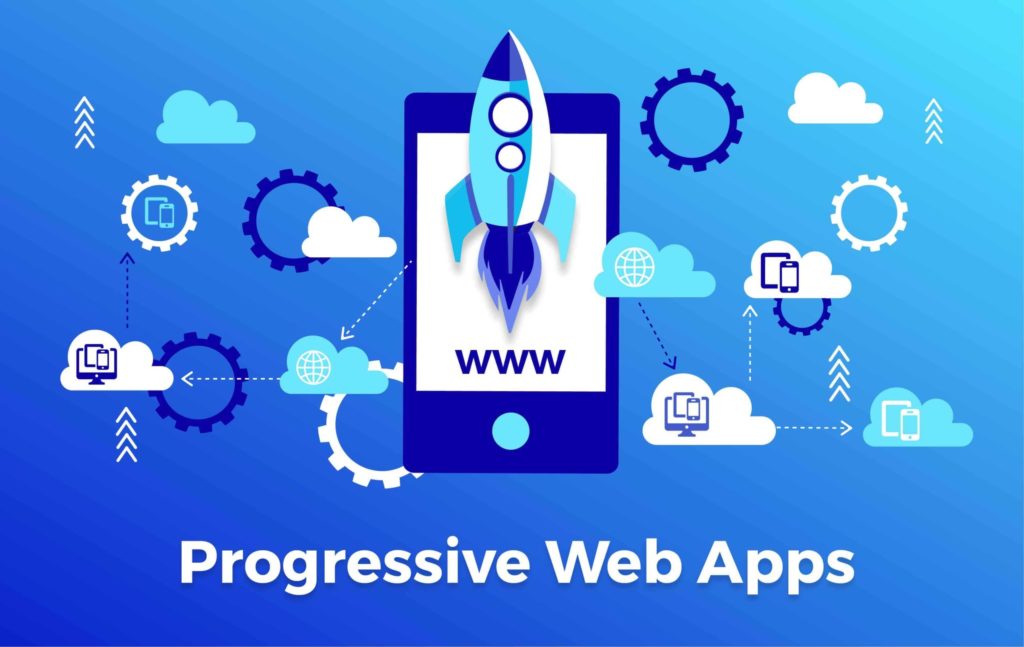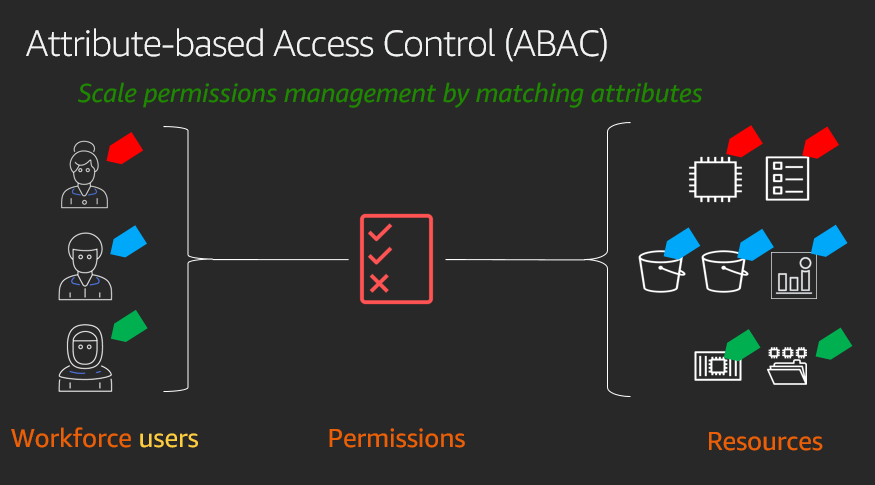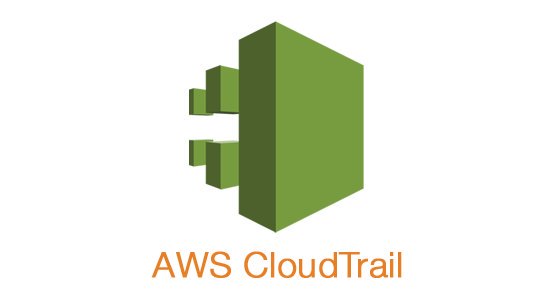Progressive Web Applications are transforming the Mobile Experience of Web Applications
Progressive Web Apps are mobile website experiences. It looks, feels and works the way native mobile apps do. PWAs are web apps that use a number of specific technologies and standard patterns. Thus they leverage advantage of both web and native app features. Coined by Alex Russell (Chrome Developer) and Frances Berriman (Chrome Designer), Progressive Web Apps (PWA) is a concept where web apps will be able to provide users the best experience in reliability, speed, and engagement. According to Google “A Progressive Web App uses modern web capabilities to deliver an app-like user experience.” PWA is Connectivity Independent which means Progressive Web Apps can operate Offline or even on Network with the poor quality connection. PWA’s are safe and Re-engageable. They contact users using methods such as Push Notifications.
PWAs – Leveraging the best of Web & Mobile Worlds!
PWAs lie somewhere between mobile applications and traditional mobile websites, taking the best of both worlds. In their essence, these apps are websites with additional layers of development, which enable them to work as native apps. PWAs can be accessed practically from any device including mobile and desktop and can function within a browser.
PWAs are one among the top trending technology trends in Web Development. According to a recent study, the revenue share of mobile devices in electronic gadgets market accounts for almost 55%. Now, as Progressive Web Apps are reducing page load times by 300%, offering trailblazing mobile UX, and promising to upgrade the internet’s façade, it’s once again a story of technological potential manifesting a decade after the original concept.
Some of the well known PWA applications are Twitter Lite, AliExpress, Flipkart Lite, Pinterest, Forbes, OLX, Trivago, MakeMyTrip, BookMyShow and so on.

Characteristics of PWA for Users are as follows:
- Progressive-This means that it will work for any user, no matter what type of device or platform that they’re using.
- Discoverable-PWA is easily discovered by the Search Engines.
- Linkable-PWA is Web Linkable and can be easily shared via URL.
- Responsive-PWA can fit all forms, such as mobile devices, tablets, or desktops.
- App-Like- PWA looks, Feels and interacts like Native Apps. Works on both Apple and Android devices
- Safe-Served via HTTP to prevent snooping and ensure content hasn’t been tampered with.
- Connectivity-Independent-PWAs function offline or even on low-quality networks.
- Fresh– PWAs are always up to date. The credits go to Service Worker Update process.
- Installable– Allow users to keep apps they find most useful on their home screen.
- Re-Engageable– The feature named Push Notifications makes Re-engagement easy.
Tools and Technologies to Leverage for Progressive Web App (PWA) Development:
Ionic
Ionic is a powerful PWA tool based on Apache Cordova and Angular framework that works on an advanced tech stack, allowing developers to use competing frameworks. The Ionic provides a rich toolkit for covering PWA functionality, including UI elements, unit tests, pre-built routing, etc. It is an intelligent solution for those who are moving from Cordova/PhoneGap to cross platform mobile app development and responsive web apps.
Polymer
Built by Google, Polymer is a lightweight JavaScript framework that contains various PWA tools. It has a wide array of templates and offers one of the best documentation. The Polymer is one of the best PWA development tools, creating reusable components and syncing data with devices. Thus, simplifying the entire development process. Providing APIs, using PRPL patterns for better optimization, Polymer is an excellent PWA technology.
Angular JS
Being one of the oldest JS frameworks and the third most used PWA development technologies, AngularJS adopts a well-defined and mature methodology. Well equipped with all the techniques, It allows developers to easily add several functionalities. Thus, offering simplification of the process to quickly build a PWA. It has one of the most extensive community support that is continuously in sync with Google for regular updates.
VueJS
VueJS is an open-source and one of the most advanced JS frameworks, widely used due to its easy coding feature. Being one of the fastest evolving libraries because of the ease in coding and high-speed rendering, VueJS is a standard solution for building smaller projects and MVPs. Along with offering easy coding and rendering, providing precise and detailed documentation, VueJS orders fast app delivery
React PWA Library
ReactJS framework creates single and multi-page apps. With additional JS libraries, developers can generate server-side and client-side rendered pages, routing, API integrations. Being one of the top choices of progressive web app development, ReactJS offers better documentation, extensive libraries, ecosystem backing, a vast dev community, etc., making it an excellent choice for creating PWAs.
PWA Builder
Supported by Microsoft, PWA Builder is ideal for transforming websites into PWAs with little development work quickly and efficiently. Almost all the web development companies have been using PWA Builders for its easy and intuitive features. PWA Builder automatically identifies whether the site can support PWA features. All you need to do is to copy and paste the URL of your website into the URL section of the PWA Builder.
Magento PWA Studio
It is a toolkit that facilitates in building a PWA Storefront on top of a Magento responsive website. Magento PWA Studio tailors Magento 2 platform. It comes with many tools and advanced libraries corresponding to the M2 principle of extensibility. It uses advanced libraries and tools corresponding to the platform’s principle of extensibility.
Lighthouse
Google created Lighthouse to ensure the quality of progressive web apps and check it for issues before launch. It enhances the apps’ quality. Lighthouse measures the websites in multiple criteria and lists the factors you have to keep in view to ensure that the website is ready to become a PWA. Lighthouse analyzes the digital offerings and gives the areas to perform in the PWA development process.
ScandiPWA
ScandiPWA is a ready-to-use solution, an open-source Magento theme but not a set of tools. This theme doesn’t require middleware, extra services, and databases. Due to the absence of a middle-layer, the performance of PWA apps doesn’t suffer. The tool supports multiple languages, stores, currencies, domains, and more. Scandi uses GraphQL, allowing pages to render faster due to a single-page app approach.










